“Reading isn’t the opposite of doing, it is the opposite of dying.” –Will Schwalbe
While Mary Anne Schwalbe was dying of cancer, she and her son Will Schwalbe, read more than fifty books together. Mary Anne started each book by reading the end first. When Will wrote The End of Your Life Book Club in tribute to his mother, he considered taking the end of the book and inserting it at the beginning. He realized it wasn’t necessary because the title of the book says enough. Readers begin the book knowing his mother will die in the end. It opens with her stage four pancreatic cancer diagnosis, and as he writes about the chemo treatments, the changes in her energy and lifestyle, and all the other things that come with terminal cancer, he introduces readers to the books they discussed during the two years leading up to the end of her life. It is through The End of Your Life Book Club Will hopes to continue the conversations he started with his mother. He also hopes to start a conversation about how books can and should help carry all of us through the end of life.
“I’m representative of a group of people who are actually interested, not in a morbid way, about talking about death and dying,” Will says. “It’s not about grief—it’s about being able to think about death as a part of life. It helps you to determine how you need to live your life.”
He feels the same way about books. Will believes, “Reading any kind of book tells you what you need to do in life. Any book carries lessons—if you’re there to listen.”
As a child, reading was such an integral part of Will’s life he cannot quantify its value. He cared about the characters he met and he considered them his friends.
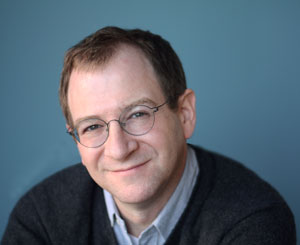 “Books have always quieted and calmed me,” he says. “All you need to do is read the next word. It’s all a book demands of you.”
“Books have always quieted and calmed me,” he says. “All you need to do is read the next word. It’s all a book demands of you.”
Partly because of the influence of his mother, Will believes books provide an experience that needs to be shared. He believes there are two kinds of readers in the world: private readers who read the books and want to keep them to themselves, and publishing readers who are mini-evangelists. Publishing readers work hard to get people excited about the books they have read. Will Schwalbe has always been the publishing type.
As previous vice president and editor in chief for Hyperion Books, Will spent his time championing books he believed others should read. His time was invested in the voices of others but, through the course of his mother’s illness, he embraced his need to invest in his own voice as well.
Starting when he was a boy, Will realized he was influenced by the books he read but he also processed life through the words he wrote. Before his mother passed away, he told her he wanted to write a book about their two-person book club. For many months, the title had been floating in his head, and when he shared the idea with his mom, her supportive reaction solidified his decision to pursue it.
Will’s colleague at Hyperion always told him, “‘You write the books you need,’” and Will acknowledges, “This was a book I needed.”
Writing the book was a way of continuing conversations with his mom. While she was alive, they read books together and talked about life, death, love, loss, courage, vulnerability, and a number of other themes that ran through the titles they shared.
He writes, “Books were the jumping off point of our own conversations. No matter where Mom and I were in our individual journeys, we could still share books entering new worlds together.”
Writing the book was Will’s way of creating new conversations he hoped would open up connection for others. He knew writing down the titles of books they shared, and his mom’s impressions of them, would also give her grandchildren access to who she was.
He writes, “I would remember the books that Mom loved, and when the children were old enough, I could give those books to them and tell them that these were books their grandmother loved.”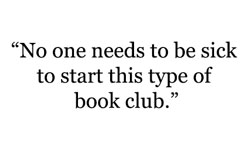
Books bridge natural gaps that exist between people. Since the publication of his book, Will has heard about how The End of Your Life Book Club has closed the gap for others. One woman shared with him that, after her husband died, she decided to complete his reading list for him. She stays connected to him through the list of books he planned to read but never had the chance.
The books matter, but for Will, it is the conversation that matters most. “Conversation is a much more valuable gift than a book,” he says.
Another woman who had read Will’s book told him she thought she was losing her connection with her grandson. She asked him what he was reading and when he told her The Hunger Games, she went out and bought a copy for herself. When she finished reading it, they talked about the book. It gave them something they could use to connect with one another. For that time, they were no longer grandma and grandson…they were readers sharing a book they had both read.
Will writes, “Books are the most powerful tool in the human arsenal…how you take part in the human conversation.”
It is evident throughout the book that Will’s mom appreciated the conversations, too, but she also believed strongly in the power of books to inspire even more than words. Mary Anne taught Will that “books come with a responsibility. It is not enough to be moved, you have to do.”
True to her beliefs, Mary Anne helped found The Women’s Commission for Refugee Women & Children in 1990 (now The Women’s Refugee Commission) and she spent years working on behalf of refugees around the world. Several books were responsible for opening her eyes to the plight of refugees. She was not satisfied just reading about it, and not even just talking about it. She had to do something about it. Similar to the reasons she worked hard to ease the struggles of refugees, she was also an advocate and integral part of helping Nancy Hatch Dupree open a library in Afghanistan (The Afghanistan Centre at Kabul University). Her belief in the power of books played out in the ways she invested her energy, even in her dying days.
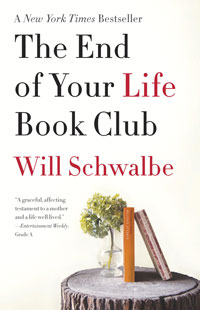 The End of Your Life Book Club became a platform of discussion for a number of the efforts Will’s mother pursued during her life, but he also wanted to challenge readers to do more with what they read.
The End of Your Life Book Club became a platform of discussion for a number of the efforts Will’s mother pursued during her life, but he also wanted to challenge readers to do more with what they read.
His mom taught him, “You can make a difference in the world, and books really do matter.” Part of Will’s intention in writing the book was to inspire others to think that way, too.
Will wants to inspire readers to use what they read to make a difference in their own lives, in the lives of others, and in their relationships. He says, “No one needs to be sick to start this type of book club.”
Will’s book club with his mother was a result of her end of life, but Will recognizes it is a club we all share.
He writes, “We’re all in the end-of-our-life book club; whether we acknowledge it or not, each book we read may well be our last, each conversation the final one.”
Because Will celebrates the difference a shared experience can make, he challenges readers to use books by sharing them with others. He says, “If you’re thinking about getting someone a book as a present, if you get it and read it either before or at the same time, it totally increases the value of the book. Get a book someone will enjoy but read it yourself, too.”
He equates the book gift without sharing it to sending someone to a restaurant for a birthday. “I could send you alone to a nice restaurant by yourself,” he says, “and the food will likely taste just fine, but it is a much richer experience if I go with you.”
Whether you are the type to read the end of a book first or not, the end exists and we will all ultimately arrive there. Mary Anne spent time thinking about the end well before she got there, and Will thinks conversations about the end are necessary. No matter the level of participation, we are all in our end of life book club and Will Schwalbe believes it is not enough just to read about it. We need to share the experience with others and we need to do something with how we are moved.
Will Schwalbe currently works for Cookstr.com, a company he founded, and is working on a second book about practical philosophy.
Web: www.TheEndofYourLifeBookClub.com
Facebook: /EndofYourLifeBookClub
Twitter: @WillSch
Buy: The End of Your Life Book Club
Photos courtesy of Will Schwalbe.

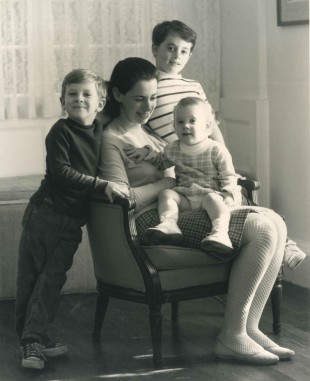

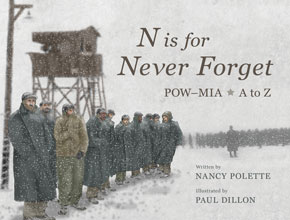
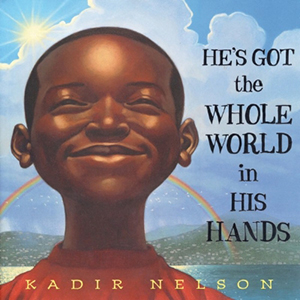

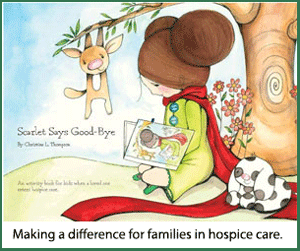

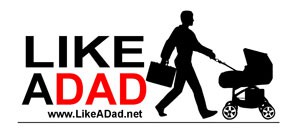



Estimado Will,
ayer noche acabé tu libro “la biblioteca de los últimos días” y he de decirte que me ha emocionado a la par que me han interesado casi todas las lecturas que habéis hecho con tu madre, muchos autores no los conozco, pero indagaré sobre ellos, además me han gustado mucho tus “descripciones lectoras” como por ejemplo de “la elegancia del erizo”, libro que he leído y que también me gustó.
¡Gracias por compartir esta experiencia con los lectores!
Cristina